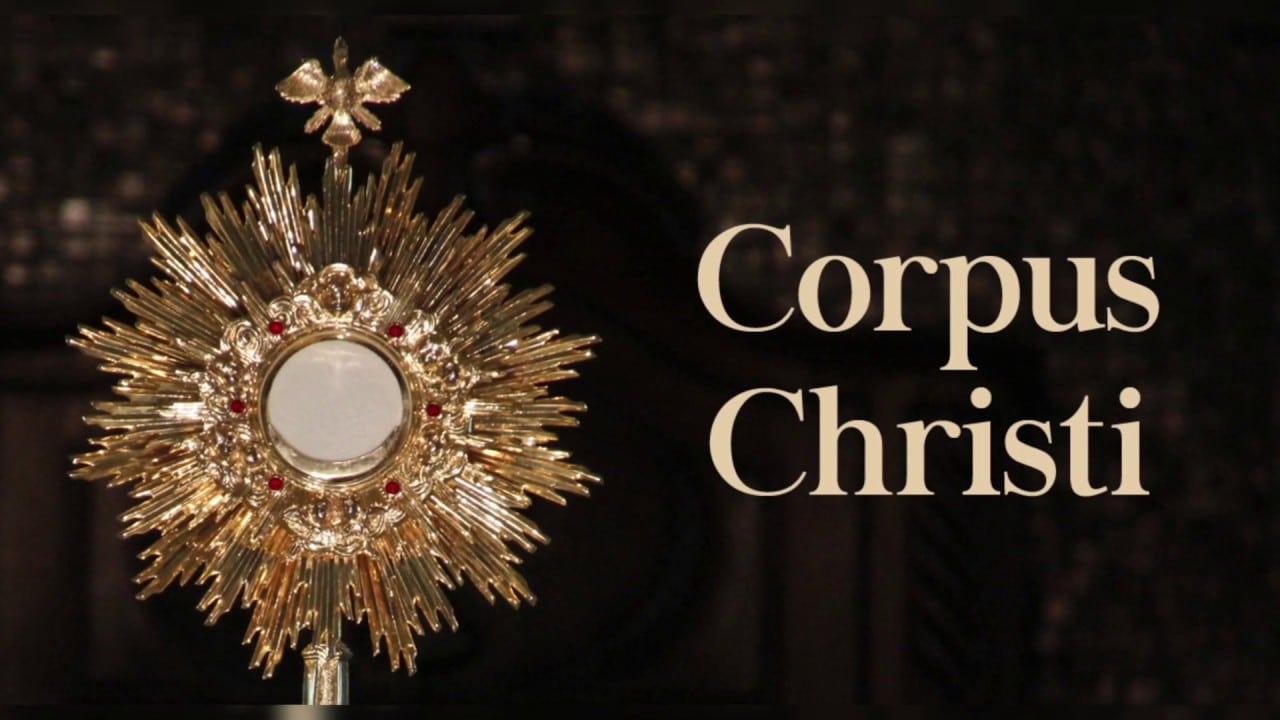842
Catholic Corpus Christi is an important holiday of the Catholic Church, which always takes place on the Thursday after the first Sunday after Pentecost. But what does the feast day mean and when is it celebrated?
Front Corpus Christi and its meaning: 5 important facts
The Feast of Corpus Christi is a Solemnity in the Church Year of the Catholic Church and is associated with the Last Supper that Jesus held with his disciples before the crucifixion.
- The name of the feast has nothing to do with “corpse”. It derives from the Middle High German ” Vrône lîcham”. Translated, this means “body of the Lord”. Corpus Christi today also has the designation “Solemnity of the Body and Blood of Jesus Christ”.
- Catholic parishes celebrate the feast with a Holy Mass. In many places, the service is also held in public places.
- Following the mass, the Corpus Christi procession takes place, which can be traced back to the customs of the Corpus Christi games. In the games, biblical scenes were staged in a kind of procession. Throughout, the priest holds the monstrance aloft.
- At the end of the procession are four altars aligned with the four cardinal points. At each of these altars, the priest proclaims the Gospel and gives the blessing to the faithful.
- Originally, this feast was to be celebrated on Maundy Thursday before Easter, the day of the Last Supper. But Holy Week has a rather quiet character, which is why the Catholic Church decided on a date after Pentecost.
- The Feast of Corpus Christi is celebrated on the 60th day after Easter Sunday.
- Thus Corpus Christi always falls on a Thursday between 21 May and 24 June.
In these federal states Corpus Christi is a public holiday
Frontleichnam is not a public holiday throughout Germany. The feast counts as a public holiday in the following federal states:
- Baden Württemberg
- Bavaria
- Hesse
- North Rhine-Westphalia
- Rhineland-Palatinate
- Saarland
- Saxony (partial)
- Thuringia (partly)
Is Corpus Christi a silent holiday?
Frontleichnam is a public holiday in some federal states in Germany, but it is not considered a silent holiday.
- Silent holidays are holidays on which certain restrictions apply, such as a ban on public events, loud music or dancing. Silent holidays include, for example, Good Friday, Memorial Sunday or Remembrance Day.
- Fronleichnam, on the other hand, is a holiday celebrated with processions and church services and usually has a festive atmosphere.
